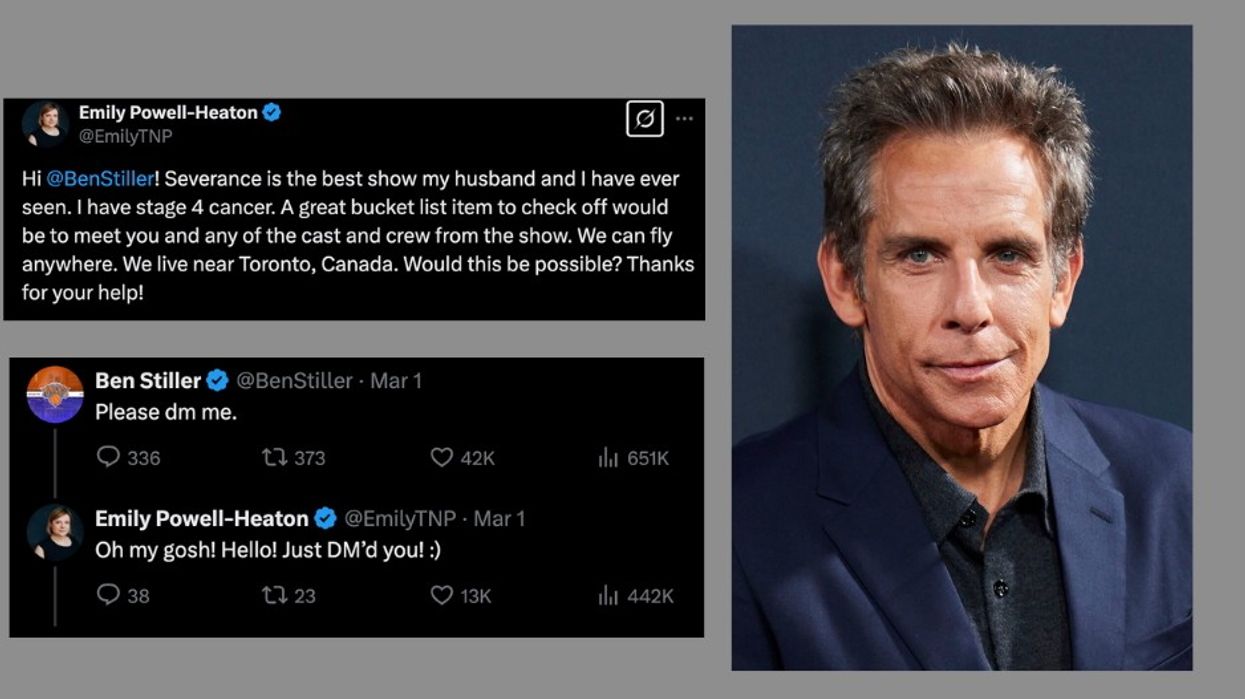In the summer of 2010 I took a three-week trip to India to visit family in Delhi and Calcutta. After I came back to the United States, I started to review the notes I'd jotted down from conversations I had with Indian students and parents on their frustrations with school. That September I started as a freshman at Syosset High School. For many years, my family and I had planned on moving into a community where there were high-ranking schools. But after weeks of nudging myself through school days, I was feeling very dissatisfied with my experience.
My unhappiness surprised me since I’d been the driving force behind my family’s move to a better district. Like most kids, I thought intelligence was defined by immaculate report cards and scholastic awards. My obsession over the holy Newsweek high school rankings—Syosset is ranked highly—was just one sign of how deeply I believed that the way to achieve success was to go to a high-ranking school and jump through all the scholastic hoops. That's the dogma our society has fed me since I was little.
However, every single subject in school felt like a complete waste of time. I wasn't learning anything that applies to what occurs in the world. Outside of school, I was self-directing my education by engaging in politics, current affairs, and discrete mathematics through books, lectures, and online classes. I certainly heeded the words of Mark Twain, "I have never let my schooling interfere with my education."
Then one day my issues with school, my conversations in India, and my thoughts about success in the world clicked. I was wrong about everything. What separates the great from the average in the world is not high grades and scores, but curiosity, grit, passion, and drive. I wondered, is this just happening to me? Are there other students around the world with similar sentiments as mine?
After conversations with countless numbers of high school and college students from California to London, I determined that I wasn't alone. Millions of young people are being told to shut up, sit down, and listen each and every day. I decided that I would not be silenced any longer. Enough was enough. I realized that I was onto something and that’s when I decided to write my book, One Size Does Not Fit All: A Student's Assessment of School.
Writing a book is quite a daunting task, especially when you're a teenager. For the research end of it, I spent months scouring thousands of archives on the internet, read hundreds of books on education policy, and compiled lists of people to interview. I've interviewed over a hundred people in education, entrepreneurship, and media—experts like Diane Ravitch, Noam Chomsky, Seth Godin, and Howard Gardner.
My book offers a prescription for revolutionizing the American education system. I ask questions like: What if we tailored education to every single child? What if students' voices were heard and seen as human beings, not numbers in a spreadsheet? What if school became an incubator of innovation and a bridge between the community and the world?
Time after time we hear teachers, parents, policymakers, and entrepreneurs comment on the putrid state of our education system. Prolific New York Times columnist Thomas Friedman once remarked, "Big breakthroughs happen when what is suddenly possible meets what is desperately necessary." Our time to radically reinvent the system is now. We can't put this off for a few more years.
The world watched the teachers strike in Chicago. The world is watching millions of young people under the age of 25 collectively protest for self-expression, transparency, and the sweet taste of freedom. We cannot wait to change the way our schools operate. We can't afford for students to be on the sidelines in this either. It's dangerous and inappropriate.
My goal is to drive a long-overdue call to action. Seth Godin once wrote, “If enough of us do this, school will have no choice but to listen, emulate, and rush to catch up.” And as he put it, no reforms. A revolution.No reforms. A revolution.
Photo via (cc) Flickr user ecastro
This article was updated on 01/05/2021.













